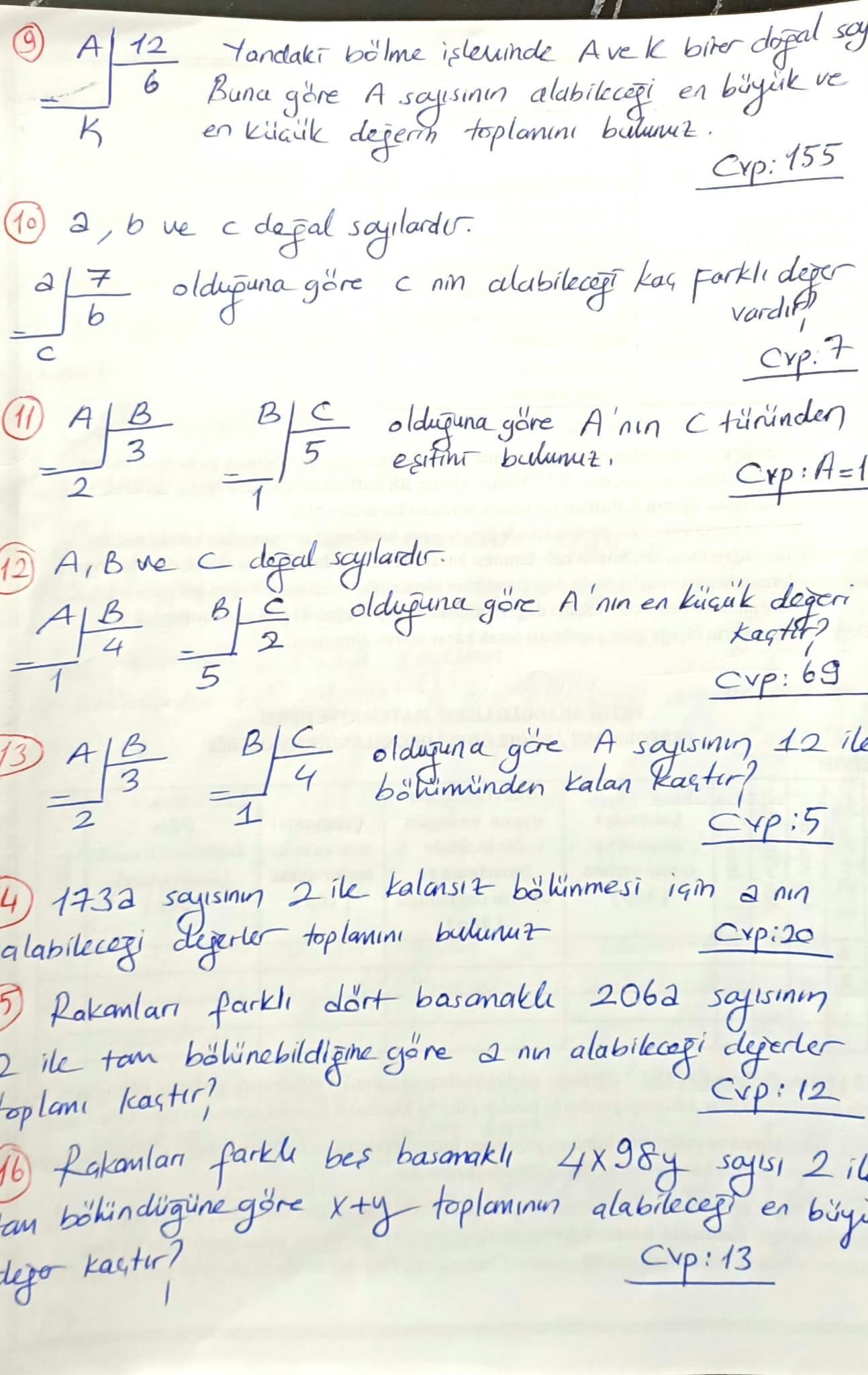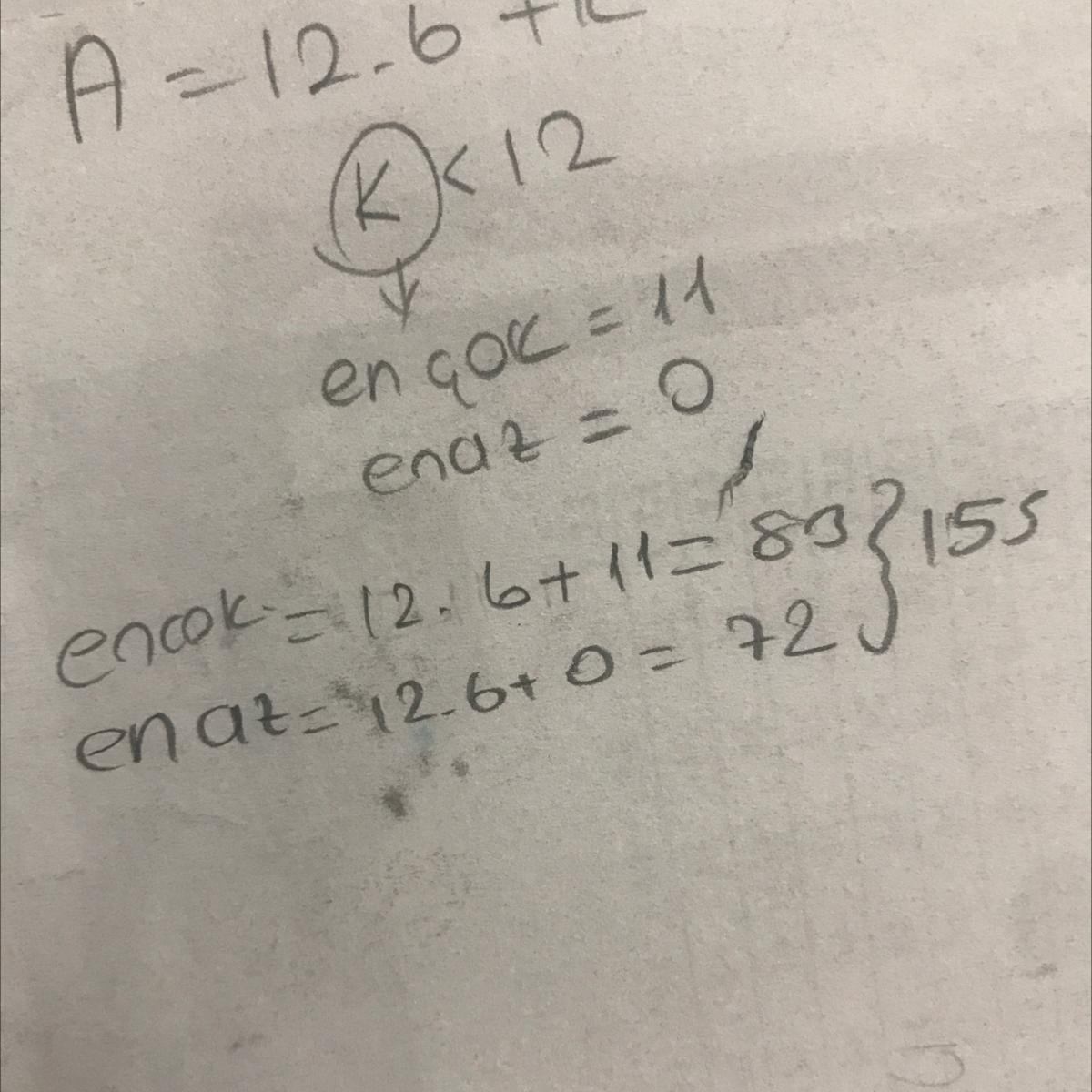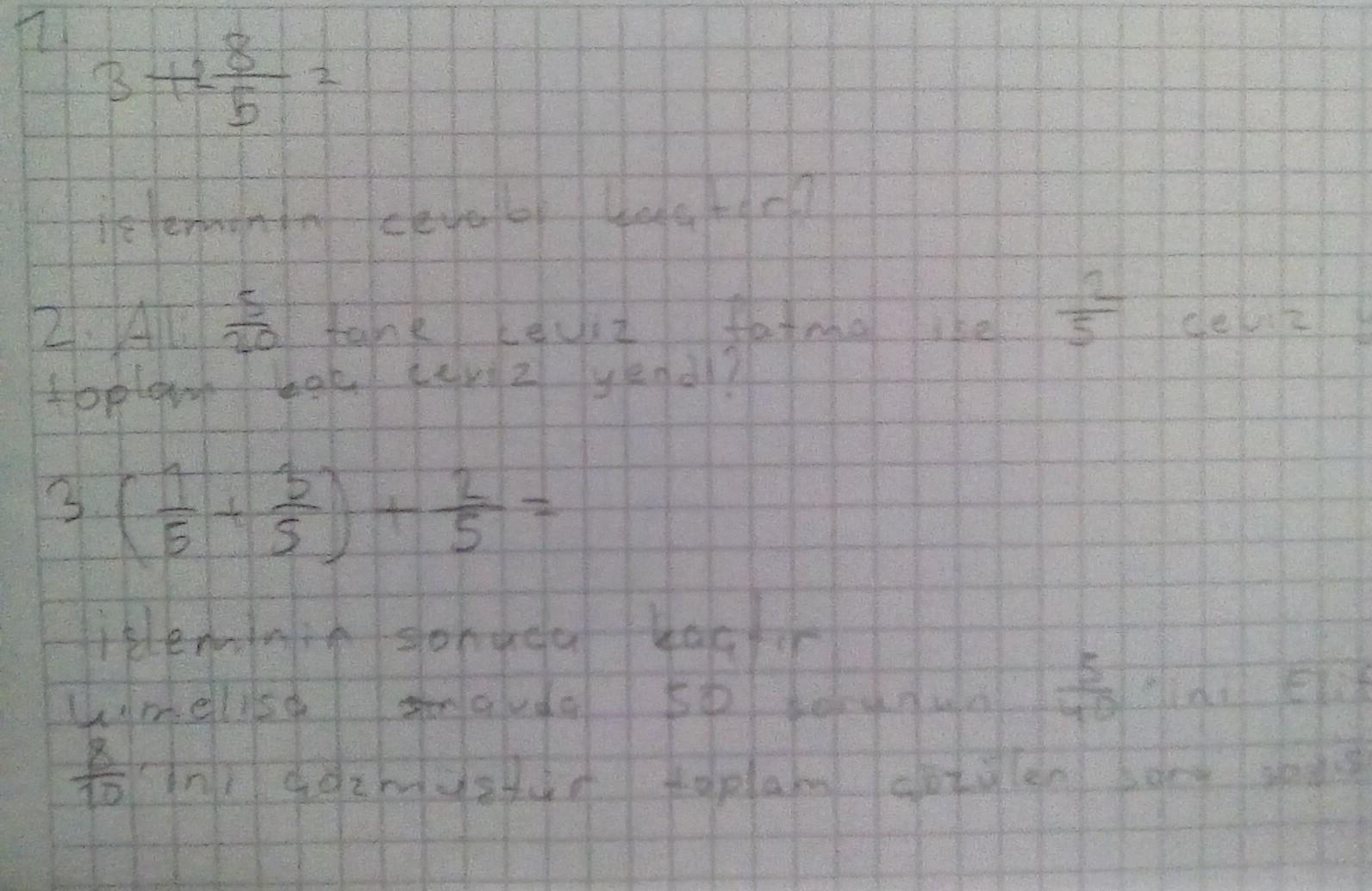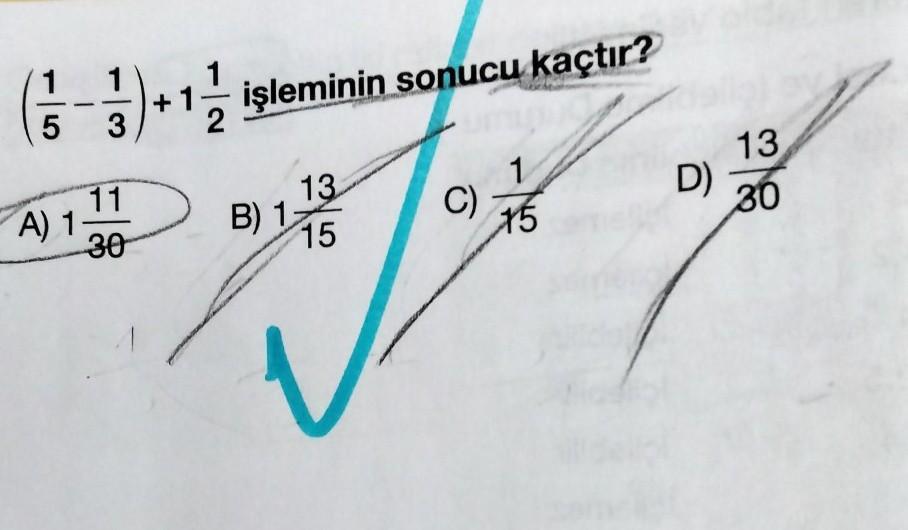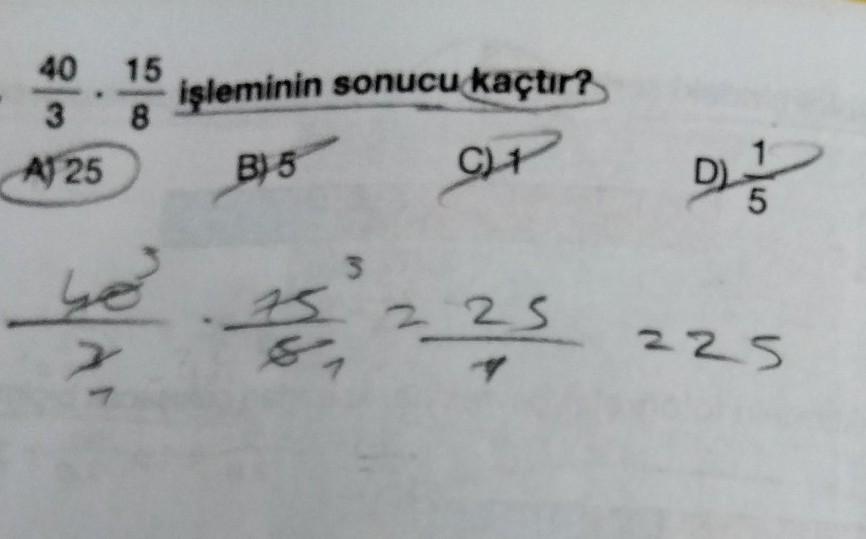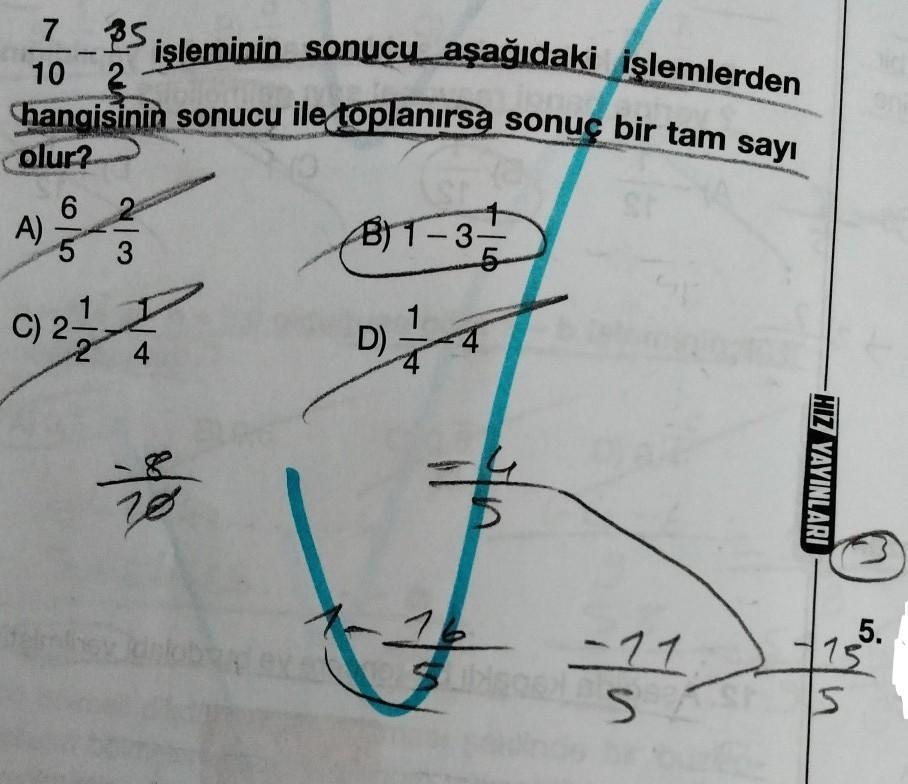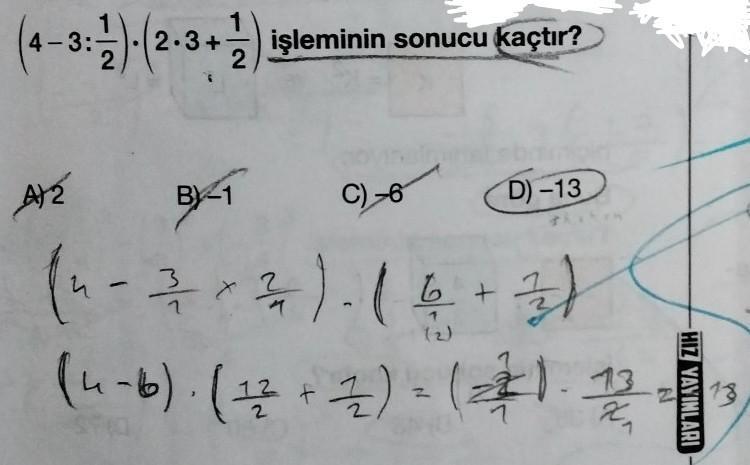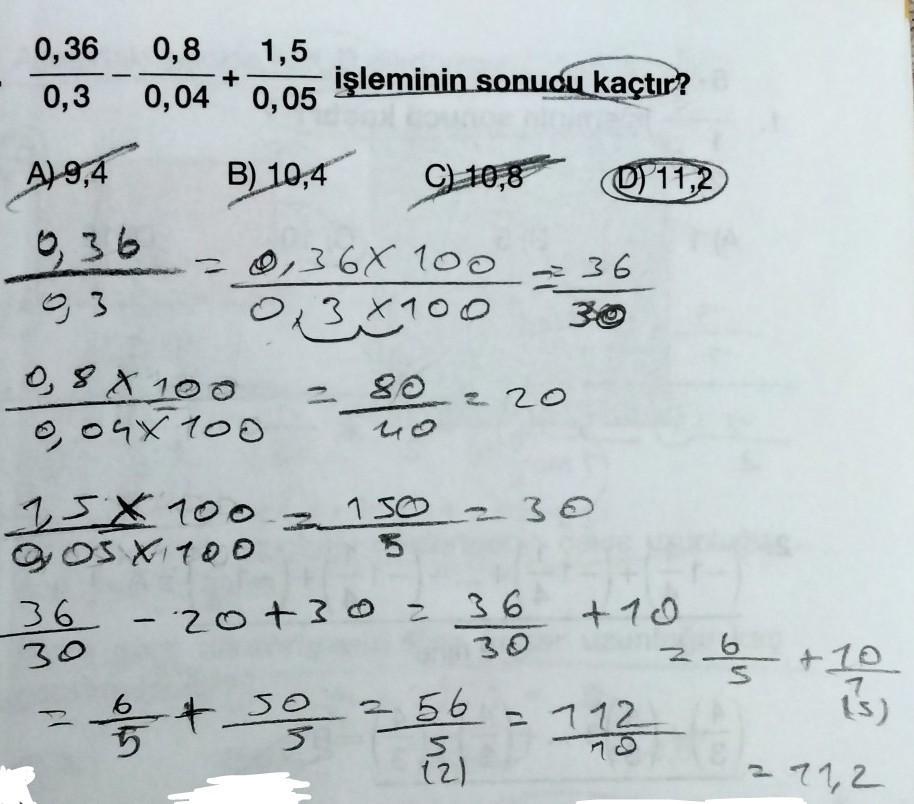Soru: rus kültürü ve türk kültürü karşılaştırması ingilizce
Cevaplar 1
Cevap: There is a span of almost a century between two events that respectively brought Russia and Turkey into the league of great global powers: the Ottoman conquest of Istanbul in 1453 and the IV. Ivan's capture of Kazan in 1552. However, both states laid claim to the political – and cultural – heritage of the Byzantine Empire. This claim, whose roots can be traced back to the Anatolian Seljuks in the 11th and 13th centuries and the symbolic Baptism of the Kief Russians in 988, constitutes the historical basis of the European identity claim of both countries today. Unlike the landlocked European empires—Spain, Portugal, the Netherlands, England, and France—but similar to the Habsburgs, the Ottoman and Romanov dynasties in quite different ways, and although military conquests also played a decisive role, their multi-ethnic empires became non-metropolitan and religious. or they shaped members of ethnic groups by incorporating them into their system of reign. Both empires went through periods of decline, after which the new rulers adopted Western-style modernization measures; the new and highly productive—and in many ways oppositional—cultural environments engendered by these measures remained dependent on the autocratic regimes that produced them. The "West" - that is, first France, then Germany - at first shed light on these intellectuals, but later became the main enemy of those who opposed modernization and sought to "find their own way". In both Turkey and Russia, until very recently, both intellectuals and political modernizers dealt with a predominantly rural population that was perceived as the main obstacle to a genuine European identity. Last but not least, just as in other non-Western ex-empires (Japan is a well-known example), a large part of the political and intellectual elites in both countries find it difficult to accept crimes of the past, and Westerners reminded of these crimes regularly become almost hysterical. encountering hostility.
-
Yazar:
maestroiruj
-
Bir cevabı oylayın:
14
Cevabı biliyor musunuz? Buraya ekleyin!
Bir dil veya bölge seçin
How much to ban the user?
1 hour
1 day
100 years

